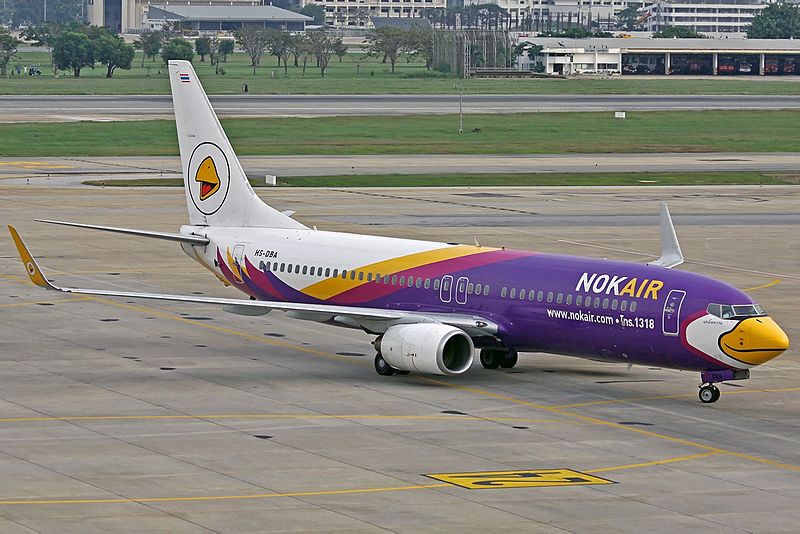Nok Air experienced a significant increase in passenger numbers and revenue in 2022, but it was not enough to offset the challenges of rising fuel costs, exchange rate deficits, and increased maintenance charges. The airline reported a 225.33% increase in passenger transportation revenue, doubling its capacity to carry 4.98 million passengers last year. Despite these positive results, Nok Air incurred a net loss of 2.6 billion Baht, mainly due to higher fuel consumption, rising fuel costs, and increased expenses for passenger services.
Nok Air emerged from a debt restructuring in 2021, following the COVID-19 crisis, in a strong position to serve customers from its main hub at Don Mueang International (DMK) in Bangkok. It significantly increased passenger numbers and doubled its capacity, carrying 4.98 million passengers in 2022, compared to 1.3 million the previous year. Revenues also saw a notable increase, with Nok Air and its subsidiaries reporting a total revenue of 7.467 billion Baht ($202 million) in 2022, representing a 17.47% rise compared to the previous year. The airline attributes this growth to an increase in passenger transportation revenue, which jumped by 225.33% year over year. Service revenue also more than doubled in 2022.
However, the airline faced challenges stemming from increased fuel consumption, rising fuel costs, and higher expenses for passenger services. Fuel costs rose to 3.26 billion Baht ($88.24 million), a fivefold increase compared to 2021. Operations costs also rose, primarily due to higher-than-anticipated repair costs and increased expenses for aircraft maintenance resulting from higher aircraft utilization and the impact of higher fuel prices. In addition, the depreciation of the Baht in foreign currency markets resulted in a loss of 509 million Baht ($13.75 million) due to unfavorable exchange rates.
To address these challenges, Nok Air implemented several measures to increase revenue while managing rising costs. The airline adjusted fares according to market demand to boost passenger volume and overall revenue. It also explored new business channels, such as cargo transportation, to generate additional income. Promotions and new services were launched to stimulate sales and raise brand awareness.
Aircraft costs were another significant area of concern. Nok Air successfully renegotiated some lease terms and adjusted flight schedules to maximize aircraft utilization. The airline also focused on improving liquidity and reducing expenses by decreasing its Q400 fleet from eight to two aircraft. The remaining Q400s were returned to lessor AerCap in July and are now stored in Roswell. Currently, Nok Air operates a fleet of eight leased Boeing 737-800 jets, with one airframe (HS-DBV) owned by the airline.
READ MORE: https://bangkokone.news
SOURCE: http://simpleflying.com




